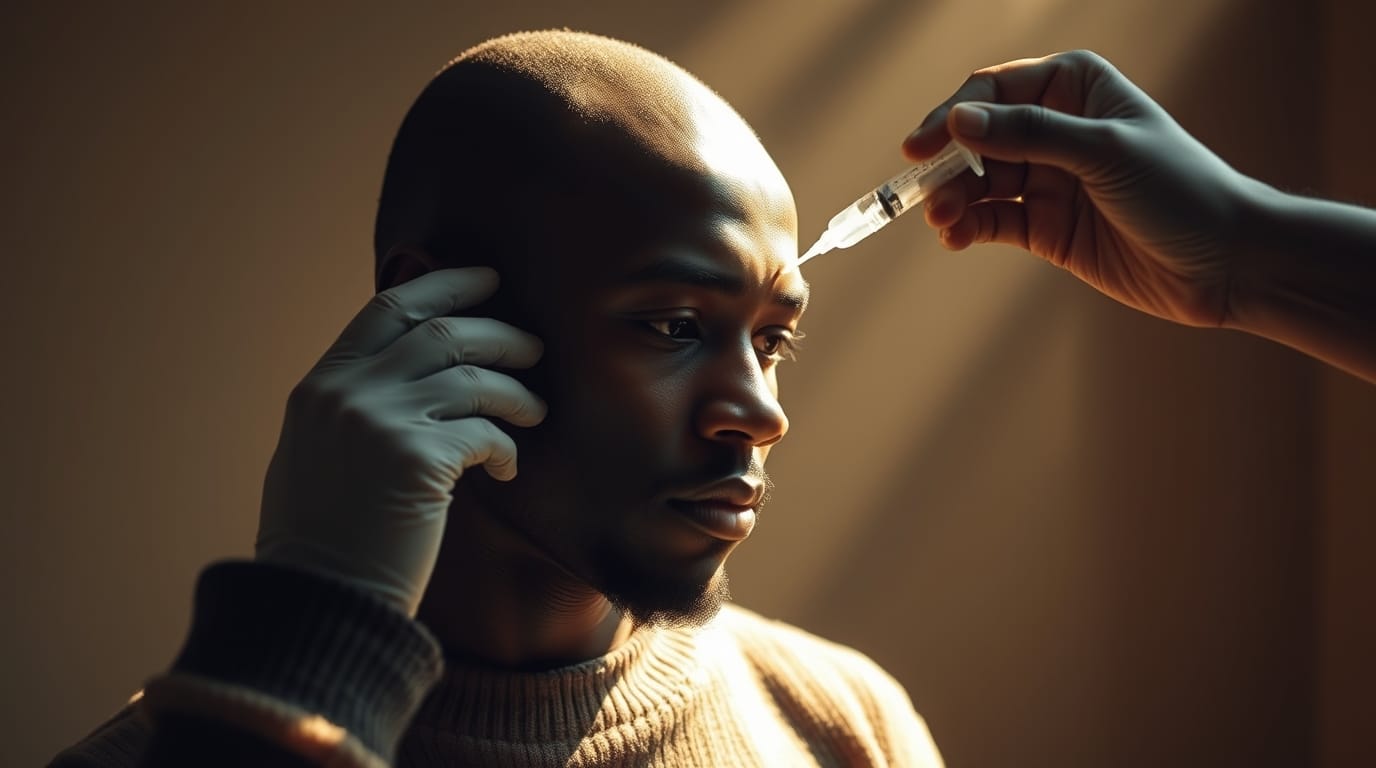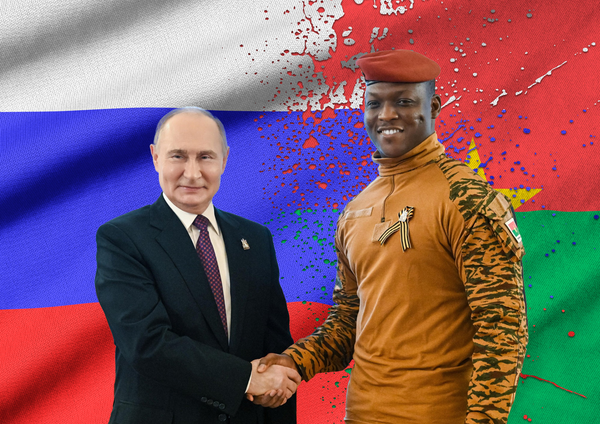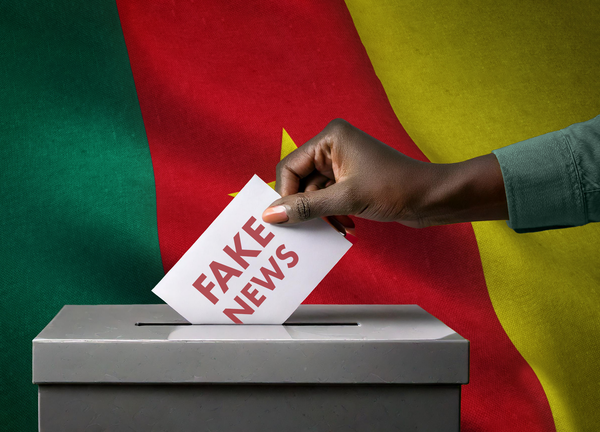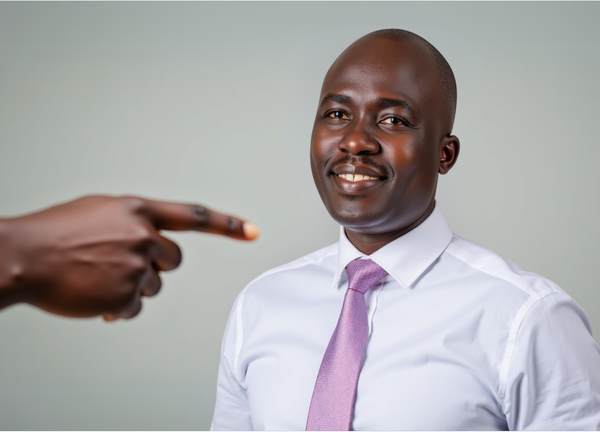In Mali, disinformation in health, fueled by social networks, poses a serious danger to public health. False information on vaccines and "miracle remedies" aggravate the situation, especially in a context of limited care and traditional beliefs influencing behavior.
A disturbing phenomenon
Disinformation in health matters in Mali is a worrying phenomenon, amplified by the speed of social networks. Rumors concerning vaccines, especially those against COVID-19 , have fueled an increasing mistrust of vaccination initiatives.
At the same time, " miracle remedies " continue to seduce a large portion of the population. This situation constitutes a major obstacle to the fight against epidemics and mass vaccination. The use of traditional medicine is common, especially in countryside and even in cities.
“ Disinformation on social networks feeds an increasing distrust of modern medicine, especially in rural communities. This phenomenon is all the more worrying when it concerns serious disease treatments. It is therefore crucial to initiate an awareness campaign to strengthen the confidence of populations in scientific care while respecting cultural specificities , ”says Dr Fatoumata Dicko, doctor and medical communicator.
Why do medical fake news proliferate?
Several factors explain the virality of these fake news. First of all, limited access to reliable information is one of the first reasons. This lack of media education means that a large part of the population turns to platforms like WhatsApp, where information circulates quickly without the possibility of validation. This lack of information control has a direct effect on the health of individuals, making them vulnerable to false beliefs.
Another major factor is the exploitation of fear and emotions by false information. Fake News, especially on COVID-19, have exacerbated collective fears, especially that of a global plot.
Finally, traditional medical practices, deeply rooted in Malian cultural beliefs, contribute to the spread of disinformation. This confidence in traditional remedies makes it difficult to accept modern medical care, especially when new practices are perceived as foreign or imposed from the outside.
Efforts to fight medial disinformation
To combat medical disinformation in Mali, it is essential to strengthen communication and make information more accessible. Health professionals must invest social networks and the media to disseminate reliable content , as already do WHO and UNICEF. Fact-checking is a key lever, with platforms like Benbere that check and demystify false health information.
In addition, the involvement of religious and community leaders is essential. For example, a study has shown that the training of religious actors in promoting vaccination can change the perception of the health and well-being of communities. However, the fight against medical disinformation also requires a strong commitment to, the regulation of online press and the adoption of a cybercrime law to counter disinformation.
Protecting public health therefore involves a collective approach combining media education, commitment of influential figures and active involvement of the authorities to supervise information and promote access to verified medical data.
Medical disinformation in Mali, especially on vaccines and unproven treatments, threatens public health. It is crucial to promote clear communication, strengthen media education and involve opinion leaders. Awareness of information verification is essential to protect health and restore confidence in the health system.
Article written by Abdoussala Dicko









